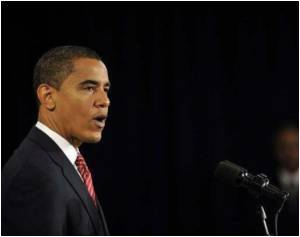Power, simply defined as the ability to influence others, causes people to think differently, finds a new study.

"What's most interesting about this study is the idea that thinking is flexible, not rigid or innately pre-programmed. We are able to attune our style of thinking to the needs of the situation," Li-Jun Ji, the study's co-author, said.
"However, the specific ways we might attune our thinking seems to depend on our cultural background," Ji said.
For most people, being in a position of power or influence means that pne wants to influence others and achieve your own goals. In North America, these goals tend to be self-defined and independent from the wider social context.
As a result, thinking analytically and focusing on one's own goal and how to achieve it without being distracted by the surrounding context can be advantageous.
Ji also found that North American individuals with high socioeconomic status (SES) displayed more analytical thinking than low SES individuals. She believes that this may be because higher SES increases people's feelings of agency, a precursor to power.
Advertisement
The participants were then asked to complete a number of different tasks designed to assess whether they were thinking more analytically or more holistically.
Advertisement
Holistic thinking involves a focus on contextual information and the relationships between objects (for example, using verbs like 'kick' or 'play' to highlight the connection between the ball and its environment.
The study has been published in the Personality and Social Psychology Bulletin.
Source-ANI









